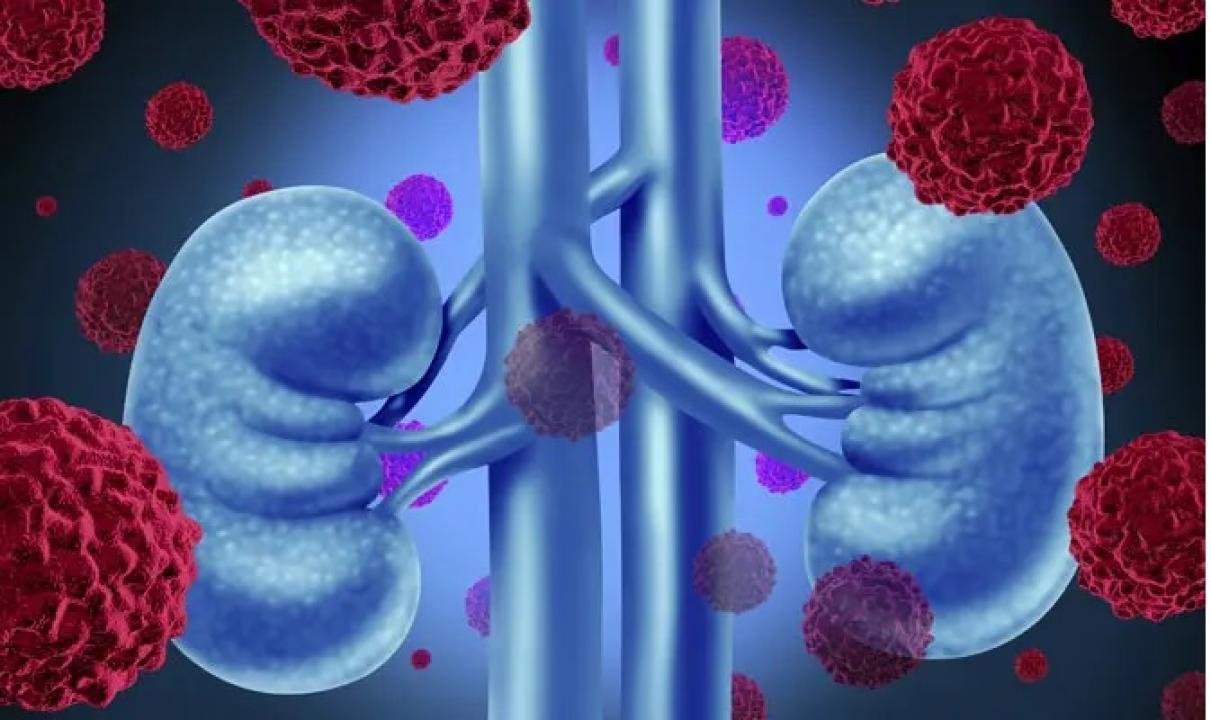Severe pain, nausea, vomiting, fever, chills and bloody urine are all common symptoms. However, kidney stones do more than just diminish the quality of life; they can also cause infections, swelling kidneys (hydronephrosis), renal insufficiency and end-stage renal disease

Added sugars occur in many processed foods, but are especially abundant in sugar-sweetened sodas, fruit drinks, candy, ice cream, cakes and cookies. Photo Courtesy: iStock
Kidney stones affect between 7per cent and 15per cent of persons in North America, 5per cent to 9per cent of people in Europe, and 1per cent to 5per cent of people in Asia. Severe pain, nausea, vomiting, fever, chills and bloody urine are all common symptoms. However, kidney stones do more than just diminish the quality of life; they can also cause infections, swelling kidneys (hydronephrosis), renal insufficiency, and end-stage renal disease. Being an adult male, obesity, persistent diarrhoea, dehydration and having inflammatory bowel disease, diabetes, or gout are all known risk factors for developing kidney stones.
ADVERTISEMENT
Now, a study in Frontiers in Nutrition has shown for the first time that elevated consumption of added sugars should probably be added to the list of risk factors for kidney stones. Added sugars occur in many processed foods, but are especially abundant in sugar-sweetened sodas, fruit drinks, candy, ice cream, cakes, and cookies.
'Ours is the first study to report an association between added sugar consumption and kidney stones,' said lead author Dr Shan Yin, a researcher at the Affiliated Hospital of North Sichuan Medical College, Nanchong, China. 'It suggests that limiting added sugar intake may help to prevent the formation of kidney stones.'
National Health and Nutrition Examination Survey
Yin' et al.' analyzed epidemiological data on 28,303 adult women and men, collected between 2007 to 2018 within the US National Health and Nutrition Examination Survey (NHANES). Participants self-reported if they had a history of kidney stones. Each participant's daily intake of added sugars was estimated from their recall of their most recent consumption of food and drinks, given twice: once in a face-to-face interview, and once in a telephone interview between three and 10 days later. For example, participants were asked if they had eaten syrups, honey, dextrose, fructose, or pure sugar during the past 24 hours.
Each participant also received a healthy eating index score (HEI-2015), which summarizes their diet in terms of the adequacy of beneficial diet components such as fruits, vegetables, and whole grains, and moderation of potentially harmful foods, for example, refined grains, sodium, and saturated fats.
The researchers adjusted the odds of developing kidney stones per year during the trial for a range of explanatory factors. These included gender, age, race or ethnicity, relative income, BMI, HEI-2015 score, smoking status, and whether the participants had a history of diabetes.
At the start of the study, participants with a higher intake of added sugar tended to have a higher current prevalence of kidney stones, a lower HEI score, and a lower education level. The overall mean intake of added sugars was 272.1 calories per day, which corresponds to 13.2per cent of the total daily energy intake.
Positive association between added sugars and kidney stones
The researchers showed that after adjusting for these factors, the percentage of energy intake from added sugars was positively and consistently correlated with kidney stones. For example, participants whose intake of added sugars was among the 25per cent highest in the population had 39per cent greater odds of developing kidney stones over the course of the study.
Similarly, participants who derived more than 25per cent of their total energy from added sugars had 88per cent greater odds than those who derived less than 5per cent of their total energy from added sugars.
The results also indicated that participants from 'Other' ethnicities ' for example, Native American or Asian people ' had higher odds of developing kidney stones when exposed to greater-than-average amounts of added sugars than Mexican American, other Hispanic, non-Hispanic White, and non-Hispanic Black people. People with a greater Poverty-Income Ratio (PIR; ie, the ratio between their income and the federal poverty level) had greater odds of developing kidney stones when exposed to more added sugars than people at or slightly above the poverty level.
Possibility of confounders
The mechanisms of the relation between consuming more added sugars and a greater risk of developing kidney stones is not yet known. Because this was an uncontrolled observational trial, it can't yet be ruled out that unknown confounding factors might drive this association.
'Further studies are needed to explore the association between added sugar and various diseases or pathological conditions in detail,' cautioned Yin. 'For example, what types of kidney stones are most associated with added sugar intake? How much should we reduce our consumption of added sugars to lower the risk of kidney stone formation? Nevertheless, our findings already offer valuable insights for decision-makers.'
Also Read: Menopause symptoms may worsen as a result of infertility: Study
This story has been sourced from a third party syndicated feed, agencies. Mid-day accepts no responsibility or liability for its dependability, trustworthiness, reliability and data of the text. Mid-day management/mid-day.com reserves the sole right to alter, delete or remove (without notice) the content in its absolute discretion for any reason whatsoever
 Subscribe today by clicking the link and stay updated with the latest news!" Click here!
Subscribe today by clicking the link and stay updated with the latest news!" Click here!







